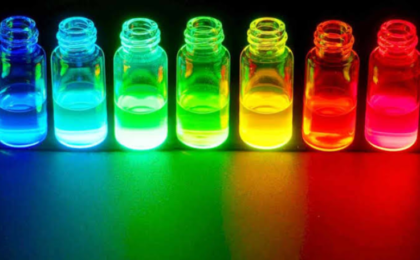Australian researchers to convert organic waste into valuable products
Deakin University has partnered with Japanese company Jet Technology to turn organic waste into valuable products, such as apple waste into organic fabrics or sugar waste into stock feed.















